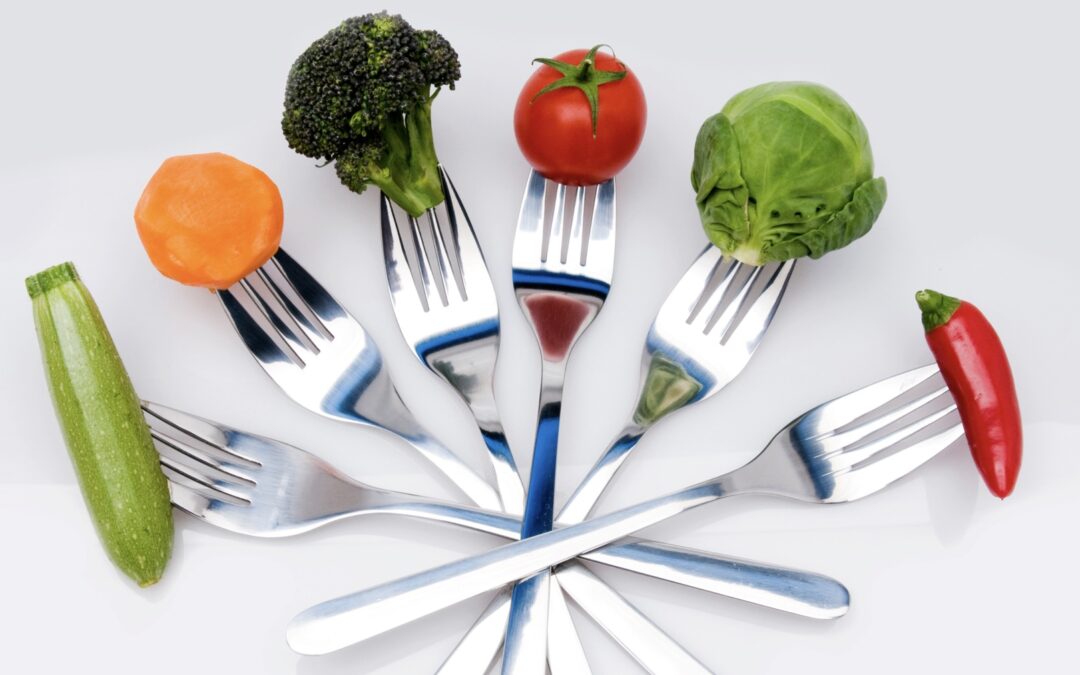In the vast world of nutrition and dieting, it’s easy to get overwhelmed by the abundance of information available. Unfortunately, not all of it is accurate or evidence-based. Many common diet myths persist, leading people astray and hindering their progress towards healthier lifestyles. In this blog, we’ll debunk some of the most prevalent diet myths and shed light on the truth behind them, allowing you to make informed choices for your well-being.
Myth: Carbohydrates are the Enemy:
One of the most enduring myths is that all carbohydrates are bad and should be avoided. In reality, carbohydrates are an essential macronutrient and a crucial source of energy for our bodies. The key lies in choosing the right types of carbohydrates. Opt for whole grains, fruits, vegetables, and legumes, which provide fiber, vitamins, and minerals. Processed carbohydrates like sugary snacks and refined grains should be consumed in moderation.
Myth: Eating Fat Makes You Fat:
The notion that eating fat automatically leads to weight gain is far from the truth. Healthy fats, such as those found in avocados, nuts, seeds, and olive oil, are actually beneficial for overall health. Fats provide essential nutrients, aid in satiety, and support hormone production. However, moderation is key, as fats are energy-dense. Balance your fat intake with other food groups to maintain a well-rounded diet.
Myth: Skipping Meals Helps with Weight Loss:
Contrary to popular belief, skipping meals does not contribute to sustainable weight loss. In fact, it can have adverse effects on your metabolism and overall health. When you skip meals, your body goes into a survival mode, slowing down your metabolism and potentially leading to overeating later on. Instead, focus on portion control and consuming balanced meals throughout the day to maintain a steady supply of nutrients.
Myth: All Calories Are Created Equal:
While calorie counting can be a useful tool for weight management, not all calories are created equal when it comes to nutrition. The source of your calories matters. For example, 100 calories from a sugary soda will have a different impact on your body than 100 calories from a nutrient-dense salad. Focus on the quality of your food choices, aiming for whole, unprocessed foods to nourish your body and support overall well-being.
Myth: Detox Diets Cleanse Your Body:
Detox diets and cleanses claim to rid the body of toxins and promote weight loss. However, our bodies have a built-in detoxification system consisting of the liver, kidneys, and digestive system, which efficiently eliminate waste and toxins. Extreme detox diets can be ineffective, unsustainable, and even harmful. Instead, focus on adopting a balanced, whole-foods-based diet that supports your body’s natural detoxification processes.
Myth: Supplements Can Replace a Healthy Diet:
While supplements can be beneficial in certain cases, they should not be viewed as a substitute for a healthy, balanced diet. Whole foods provide a vast array of nutrients that work synergistically to support optimal health. Supplements should be used to fill specific nutrient gaps or address specific health concerns under the guidance of a healthcare professional.
As we navigate the realm of nutrition, it’s crucial to distinguish between fact and fiction. By debunking these common diet myths, we can make more informed choices and develop sustainable, evidence-based eating habits. Remember, a balanced diet that includes a variety of whole, unprocessed foods, combined with regular physical activity, is the foundation for long-term health and well-being. If you need help with your nutrition, reach out to us today!



Recent Comments